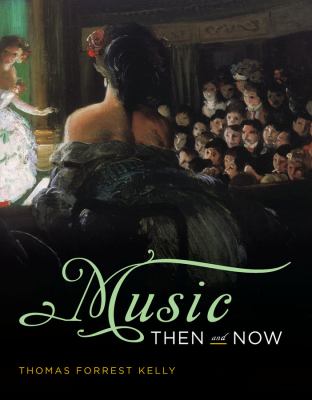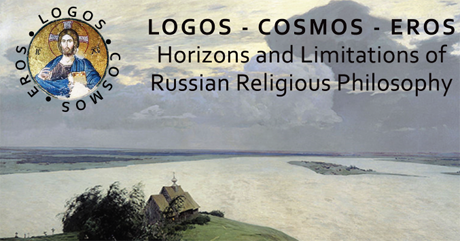Russian Philosophy. This article provides a historical survey of Russian philosophers and thinkers. It emphasizes Russian epistemological concerns rather than ontological and ethical concerns, hopefully without neglecting or disparaging them. After all, much work in ethics, at least during the Soviet period, strictly supported the state, such that …
On truth from reality – a discussion of the philosophy / metaphysics of Plato and the importance of philosophy to humanity. Collection of Plato quotes (The Republic), pictures and biography of the ancient Greek Philosopher.
Philosophy of a Knife is a 2008 Russian-American horror film written, produced, shot, edited, and directed by Andrey Iskanov. It covers the Japanese Army’s Unit 731, mixing archival footage, interviews, and extremely graphic reenactments of experiments performed there.. The film is four hours long, is presented in two parts (Part one and …



Introduction Knowledge. Traditionally, the term “philosophy” referred to any body of knowledge. In this sense, philosophy is closely related to religion, mathematics, natural science, education and politics.
Philosophy: On Truth and Reality. Summary: The central problem of philosophy is most clearly explained by David Hume, the problem of causation and necessary connection.If we don’t know how the many things we commonly experience are connected together then we do not know the source of truth.
A CONCISE FORMULATION: Two opposing tendencies are peculiar to Russian philosophy: one asserts the primacy of generalization and unification as tools for religious and historical transformation of reality and leads to ideocracy and totalitarianism; another defends the unsurpassable value of individuality and reveals the relativity and …
The Russian paradigm of BVR combat has its origins in the Cold War period, when Soviet operational analysis indicated that the low kill probability of missile seekers and airframes, especially if degraded by countermeasures, would be a major impediment to success.


The Origin of Philosophy: The Attributes of Mythic/ Mythopoeic Thought. The pioneering work on this subject was The Intellectual Adventure of Ancient Man, An Essay on Speculative Thought in the Ancient Near East by Henri Frankfort, H.A. Frankfort, John A. Wilson, Thorkild Jacobsen, and William A. Irwin (University of Chicago Press, 1946, 1977 — also once issued by Penguin as Before Philosophy).
Bandwagon. If you suggest that someone’s claim is correct simply because it’s what most everyone is coming to believe, then you’re are using the Bandwagon Fallacy.



JSTOR is a digital library of academic journals, books, and primary sources.
